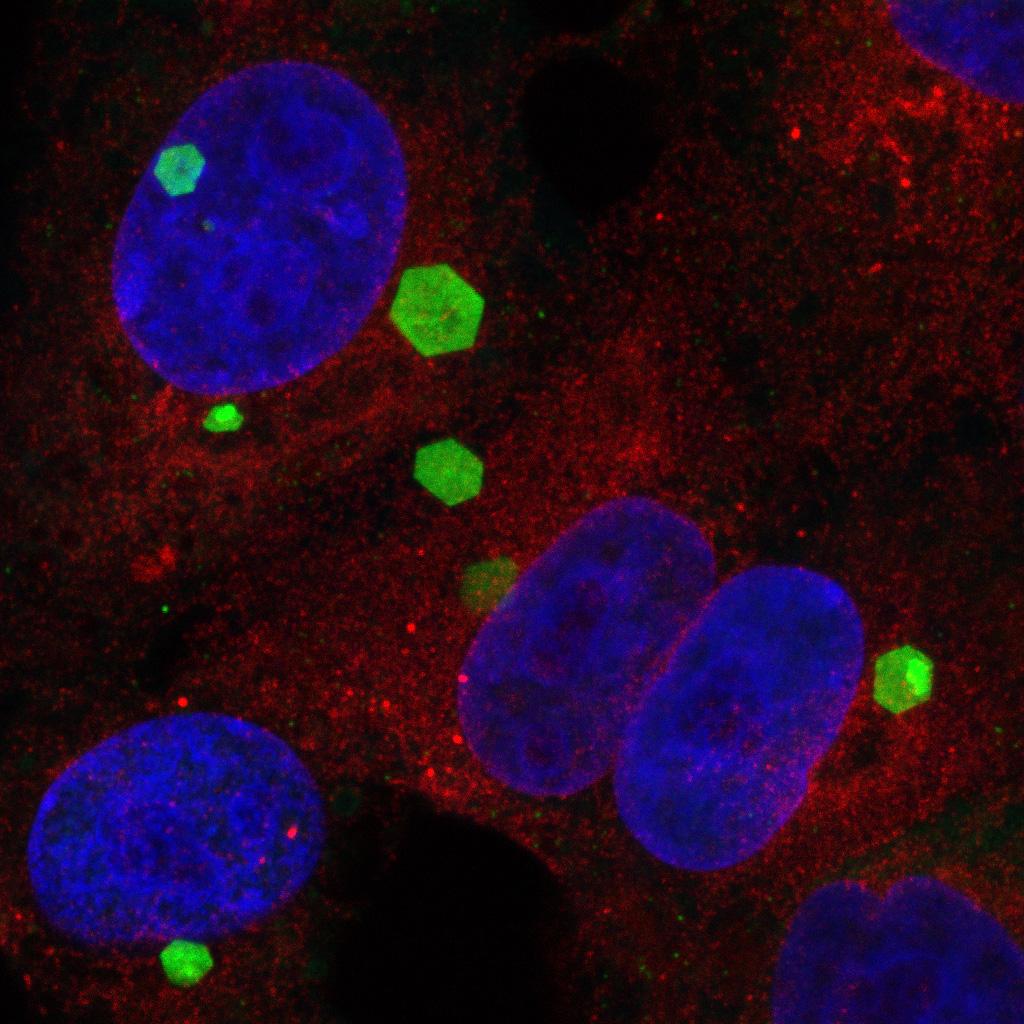The sero-prevalence and sero-incidence of African horse sickness and equine encephalosis in selected horse and donkey populations in Zimbabwe
Sentinel herds and samples submitted by private equine practitioners were used to determine the sero-prevalence and sero-incidence of African horse sickness virus (AHSV) and equine encephalosis virus (EEV) in horse and donkey populations in the Highveld region of Zimbabwe. The sero-prevalence and sero-incidence of antibodies against these viruses were determined using the competitive enzyme-linked immunosorbent assay (ELISA) for the detection of serum antibodies. In donkeys, the median sero-prevalence of AHSV antibodies, across the three rainy seasons under study, was 75% (inter quartile range [IQR] 67-83), with a seasonal median sero-incidence of 45% (IQR 40-63). In horses, the median sero-prevalence of EEV antibodies was 63% (IQR 21-73), with a median seasonal sero-incidence of 10.5% (IQR 10-14), while in donkeys the median sero-prevalence of EEV antibodies was 80% (IQR 67-90), with a median seasonal sero-incidence of 50% (IQR 40-60). This study highlighted the significant levels of exposure of donkeys to AHSV and horses and donkeys to EEV in Zimbabwe despite equine encephalosis remaining unreported by Zimbabwean veterinarians to date. Most seroconversions in sentinel herd animals to AHSV and EEV occurred towards the end of the rainy season in March, April and May corresponding to the time of the year when the Culicoides vectors are in high abundance. In order to determine the clinical significance of these infections, blood and spleen samples, submitted by private equine veterinary practitioners over a 5-year period, from horses showing characteristic clinical signs of African horse sickness were tested for the presence of viral antigen using the antigen capture ELISA. The median sero-prevalence of AHSV antigen in horses recorded from these samples was 38% (IQR 33-88). The predominant AHSV antigen from these samples was serotype 7 (33%) followed by serotype 2 (26%) and serotypes 4 and 8 (16% each). African horse sickness virus serotypes 3 and 9, identified in this study, had not been previously reported in Zimbabwe.
